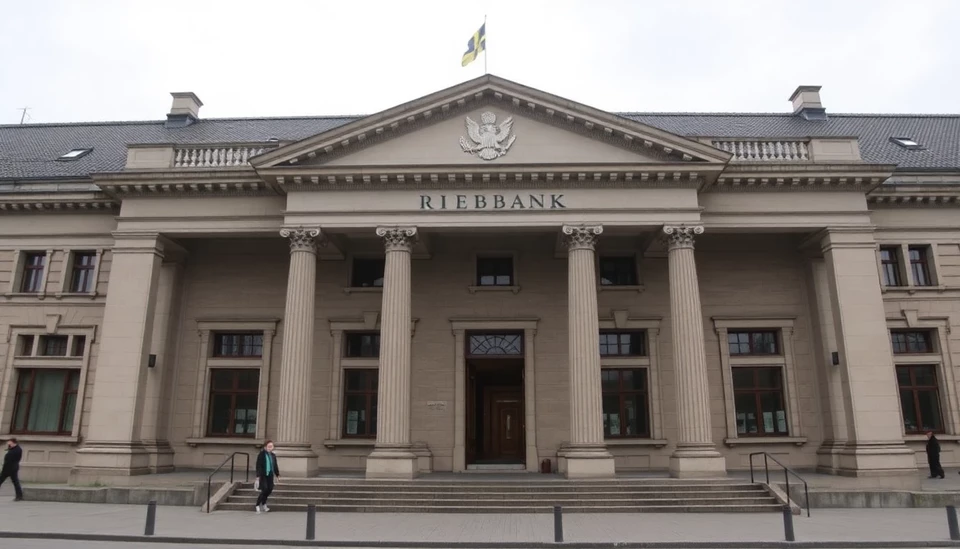
Recent findings from a pivotal survey conducted by the Swedish central bank indicate that short-term inflation expectations among the Swedish populace have held steady. This consistency in sentiment arrives at a critical juncture as the nation grapples with the ramifications of ongoing economic policies and market fluctuations.
The survey, a routine analysis executed by the Sveriges Riksbank, shows that consumer inflation expectations, particularly for the coming year, have stabilized at approximately 3.2%. This figure mirrors the expectations reported in previous months, pointing to a certain resilience among consumers despite unsettling economic signals prevailing in various sectors.
One of the factors contributing to this steady outlook may be attributed to effective communication from the central bank. Policymakers have been keen on delivering clear guidance regarding interest rate strategies, which helps to mitigate uncertainty. The Riksbank has made efforts to assure the public that although inflation remains elevated, they are committed to steering towards the 2% target in a bid to stabilize the economy.
Analysts have suggested that maintaining steady inflation expectations is crucial, as it has implications for consumer behavior and spending habits. If consumers perceive inflation to escalate significantly, it could lead them to alter their spending patterns, potentially fueling even higher inflation rates—a phenomenon known as a self-fulfilling prophecy.
In addition to steady expectations, the survey also revealed that longer-term inflation expectations (five years ahead) settled around 2.4%. While this marks a slight decline from previous readings, it still indicates a moderate level of confidence in the central bank’s ability to control inflation over an extended horizon.
Furthermore, economists are closely monitoring how global economic conditions and geopolitical uncertainties might influence these expectations moving forward. Events outside of Sweden, such as fluctuations in energy prices and supply chain disruptions, can exert significant pressure on inflation dynamics domestically.
As the Riksbank prepares to hold its next monetary policy meeting, the outcomes of the ongoing data collection and analysis from such surveys will play a critical role in determining future strategies. The overarching goal remains to navigate through these turbulent economic waters while preserving consumer confidence and economic stability.
In summary, the stability of short-term inflation expectations in Sweden comes at a time when economic vigilance is paramount. Stakeholders await the forthcoming decisions from the central bank with bated breath, as they will undeniably influence both consumer confidence and economic trajectories in the months to come.
#Sweden #Inflation #EconomicPolicy #Riksbank #ConsumerConfidence #MonetaryPolicy
Author: Daniel Foster




